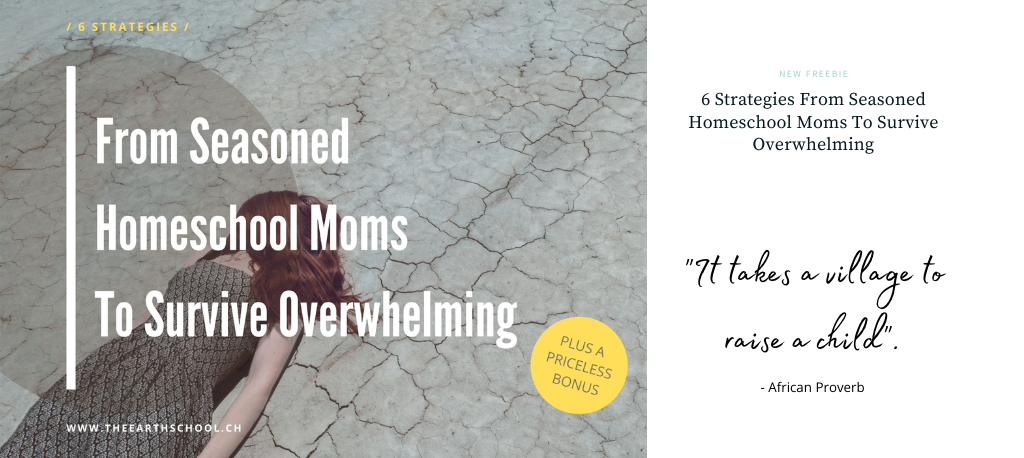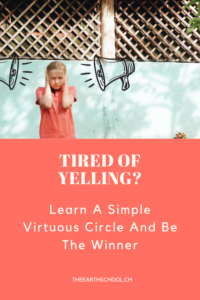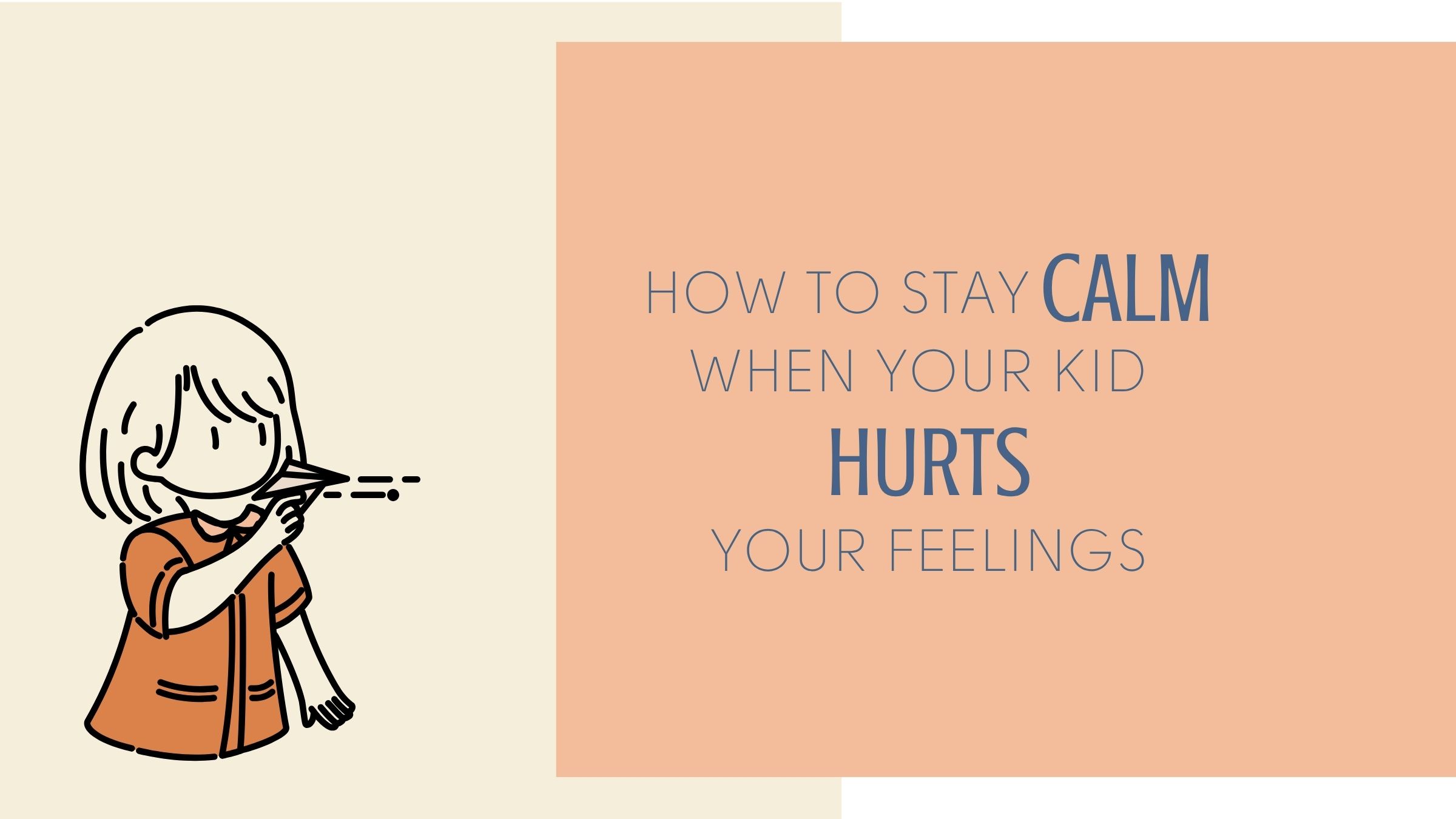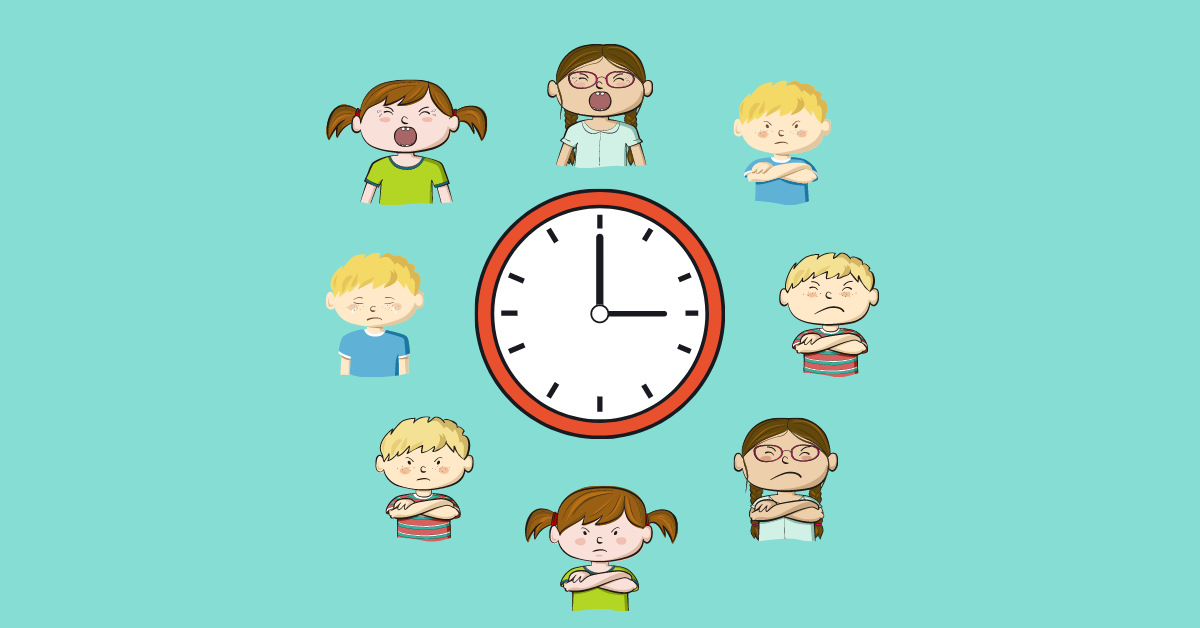
#35 My Child Is Overly Emotional, And It’s Driving Me Insane. Please, Help!
You know that emotions are useful and healthy, but really, you wonder, is your daughter being sulky 8 hours out of 12 normal? Is your son throwing huge tantrums every half an hour part of his development?
Emotions are important. And useful. And if you’ve visited this blog for a while you’ve read over and over how you should make room for them. But what to do when they take too much room? Where is the limit between healthy emotions and problematic ones?
Emotional VS Overly Emotional
Children go through hundreds of emotions a day. Actually, research conducted on adults shows that participants were feeling at least one emotion 90% of the time! The main difference between adults and children is that adults can use abstract thinking, projection, and distancing to deal with emotions, essential tools that children don’t have yet.
Children live every emotion more intensely and with fewer abilities to manage them than adults. It can be impressive for adults to see a child melting down and going through a strong episode of sadness because their comfort toy got a scratch. Or getting completely mad because their green peas did touch their tomato sauce accidentally.
We’ve all lived those moments where our children’s emotions were a mystery to us, trying to comfort them with rational thinking (because we forget they don’t understand that), bringing their attention to something else (« Oh, look! A little bird! ») or comforting them with hugs and kisses.
Those moments are normal and fine. Children can live a very intense emotion and will not be traumatized by it. It’s actually pretty healthy, they take it out of their system and they’re feeling balanced again.
How To Make The Difference Between Overly Emotional And Emotional
Emotions, even the ones that some call « negative » emotions, like sadness, anger, or disgust, are natural and helpful. For example, anger tells a child that one of his needs is not answered, sadness helps to let go of things, and disgust protects them from things they don’t want.
Though those emotions are helpful, they shouldn’t take all of your child’s (and your) energy. So when should you feel concerned?
Here is a simple guide: the intensity is not a problem, but the duration or frequency can be one.
Observe your child for a couple of days and ask yourself:
- Is my child more often frustrated than satisfied?
- Is my child more often angry than happy?
- Is my child more often sad than joyful?
If you answer yes to one of those questions, you might want to try and help your child with their overwhelming emotions.
Download our Free Cheat Sheet and get your action steps on one convenient page
Are Oversensitive children Overly Emotional?
Cassie is quick to get upset. She is what we call oversensitive. The most innocent comment can send her over the edge. She gives us the « look », closes her face, and crosses her arms across her chest to cut herself from us. At this point, a look, a sneeze, a word can bring her to the next level, where she runs out of the room yelling. And five minutes later, we see her lurking and trying to come back with some dignity. If the dignified return fails, we’re good for another round of losing-temper episode.
Some children are more sensitive than others. And that is to consider when you’re wondering if your child is being overly emotional or not. You know your child, and you know their temper. I can tell when my daughter is « normal » oversensitive or when she’s going through a situation she can’t handle alone.
Highly sensitive children don’t have « a problem ». They simply take in more sensory information than other children. Their emotional world is more vivid and intense. Therefore, what could look like « nothing » to us might be a lot to them.
It’s Driving Me Insane: Is The Problem Coming From Your Child?
When you observe your child for a couple of days, you might notice that their emotional balance is quite the average, and yet they still drive you crazy.
In this case, maybe it is not your child but you who is overwhelmed with emotions. Who said parents cannot be overly emotional?
There might be many reasons for this, the easy and not lasting one, you have your menstruation which messes with your hormones system and makes you more sensitive to sensory stimuli.
Or you might have neglected yourself lately, which built your frustration as unanswered needs piled on unanswered needs.

Take a moment to assess how you feel, and where you stand. Did you take care of yourself? What is it that you need to feel better? Start with a small but meaningful thing, like cooking something YOU like rather than something your family likes. Choose the next outdoor activity. Take a moment to put on make-up or start reading that new book waiting on a shelf.
The important is to feel that you matter too, and if it is hard for you, take a look at this post about not feeling guilty when taking me-time! Then, if that was the problem, your children will seem less noisy or demanding, or whimsical.
My Child Is Overly Emotional. Please Help
Sometimes children are overly emotional. It happens. It can be a phase in their life, or it can be a consequence of building bad habits (by this I mean to keep using a negative strategy until it becomes the automatic answer).
As we saw earlier, not every emotional episode is an overly emotional one but you should pay attention if:
- The emotional episode lasts too long
- The emotional episodes are very frequent
I do realize that both can seem subjective, which is why you should observe your child for a few days and trust your mother instinct, for nobody knows your child as you do.
The Emotional Episode Lasts Too Long
But what is too long? Children go through things pretty quickly, as you know well when you try to keep their attention on something. It is the same for emotions.
Observe your child. If they have difficulties going out of their emotions, if the emotional episode lasts too long (you can see/feel it’s draining them), you might want to step in and help them out.
An overly emotional adult cannot help an overly emotional child. – B. Goin-Zeiter
First, make sure that you are emotionally balanced yourself. Take some emotional distance and do not let your child’s emotions affect you. The presence of a calm and confident adult is often enough to help a child to calm down.
If not, describe what you see, make no suppositions, just facts. Show empathy. And finally, offer your help.

I can see that you are very sad. You are crying. I feel sorry to see you so sad, and I’d like to help. Would you like a hug? Or Would you like to tell me what’s making you so sad? Or Would you like us to draw your sadness?
Depending on your child’s perception style, choose an option they will respond to. Au auditive child will like soothing, while a kinesthetic one will need touch, and a visual one a drawing or pictures.
The Emotional Episodes Are Very Frequent
There is a lot of frustration in a child’s life. So many things they are not allowed to do, so many rules to follow, so many mysteries to solve. Hence it is normal for children to feel angry several times a day.
What is not healthy, is when a child feels more anger than joy.
Joy is the natural state of a child (of human beings really) so you can use it as a barometer to know if your child is being overly emotional.
If your child spends their day in tantrums, being angry most of the time, never satisfied, in perpetual frustration you can try to create more balance.
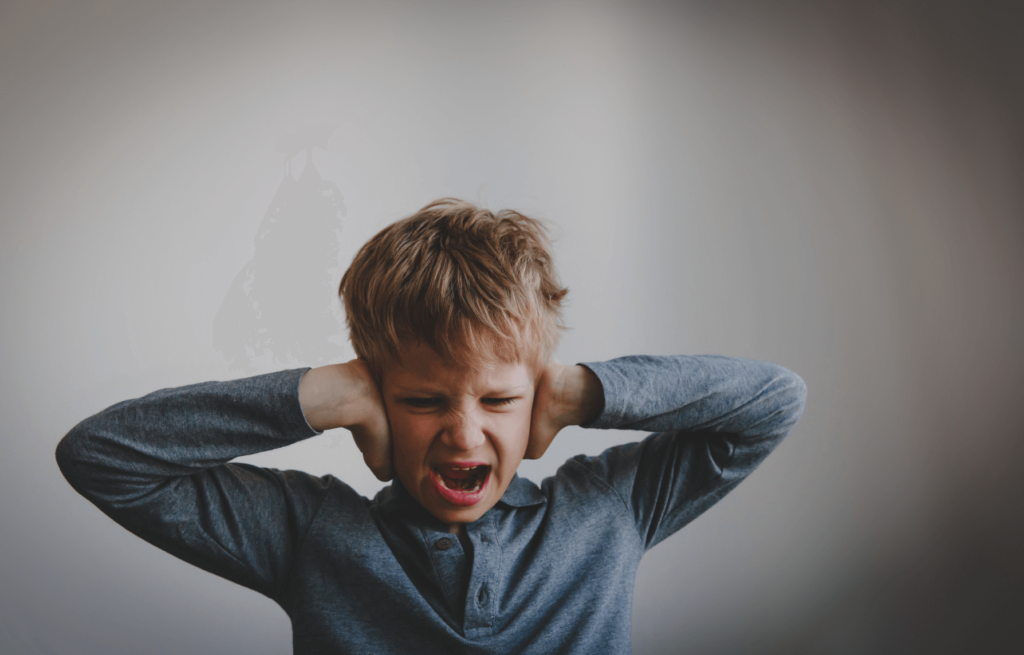
For children who experience a lot of anger and frustration, there is but one remedy: clear boundaries!
Yes, that simple. Get back to the roots. Get clear yourself on what is acceptable or not. Take a moment with your child to decide on the boundaries (see my post on that matter here), and implement them.
An overly frustrated or angry child is a child who is anxious, who doesn’t understand the « rules » of the world, and who needs reassurance.
My Child Is Overly Emotional, And It’s Driving Me Insane.
Our children are the best at triggering our emotions because as mothers we are deeply empathetic toward them.
When they feel a very strong emotion, we somehow feel it too, or at least we feel their distress and our natural answer is to diffuse it.
When your child is having big feelings, start by taking some distance and have a more objective look at the situation. It is not helping to keep children from processing their emotions, but it is important to help them when they are overwhelmed.
I know it can seem a difficult difference to make, but keep this simple guideline in mind to help you:
- Is this emotional episode lasting too long?
- Are these emotional episodes very frequent?
- Is my child more often angry/sad than joyful?
Like everything in life, too much is not healthy. Emotions are essential and communicate important information, but they shouldn’t all the room. Harmony is what we want to tend to, for it is the best ground for learning, and our little homeschoolers have so much to learn!

Don’t let the inspiration fades and take action right away:

1. Download our cheat sheet, it’s on the house. Decide on one action you will implement from today and write it down
3. Share this article with a friend who could benefit from it
4. Join us on Instagram for more great content
I wish you all the best with your kids, always remember that we all do the best we can at a given moment, so never judge yourself harshly. Be confident and listen to your intuition. If what you do comes from a place of love, then you’re on the right path.



